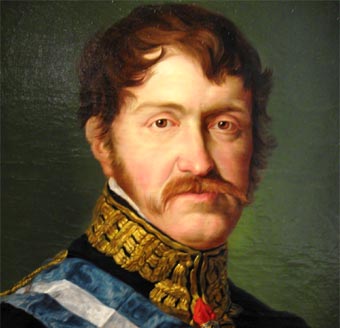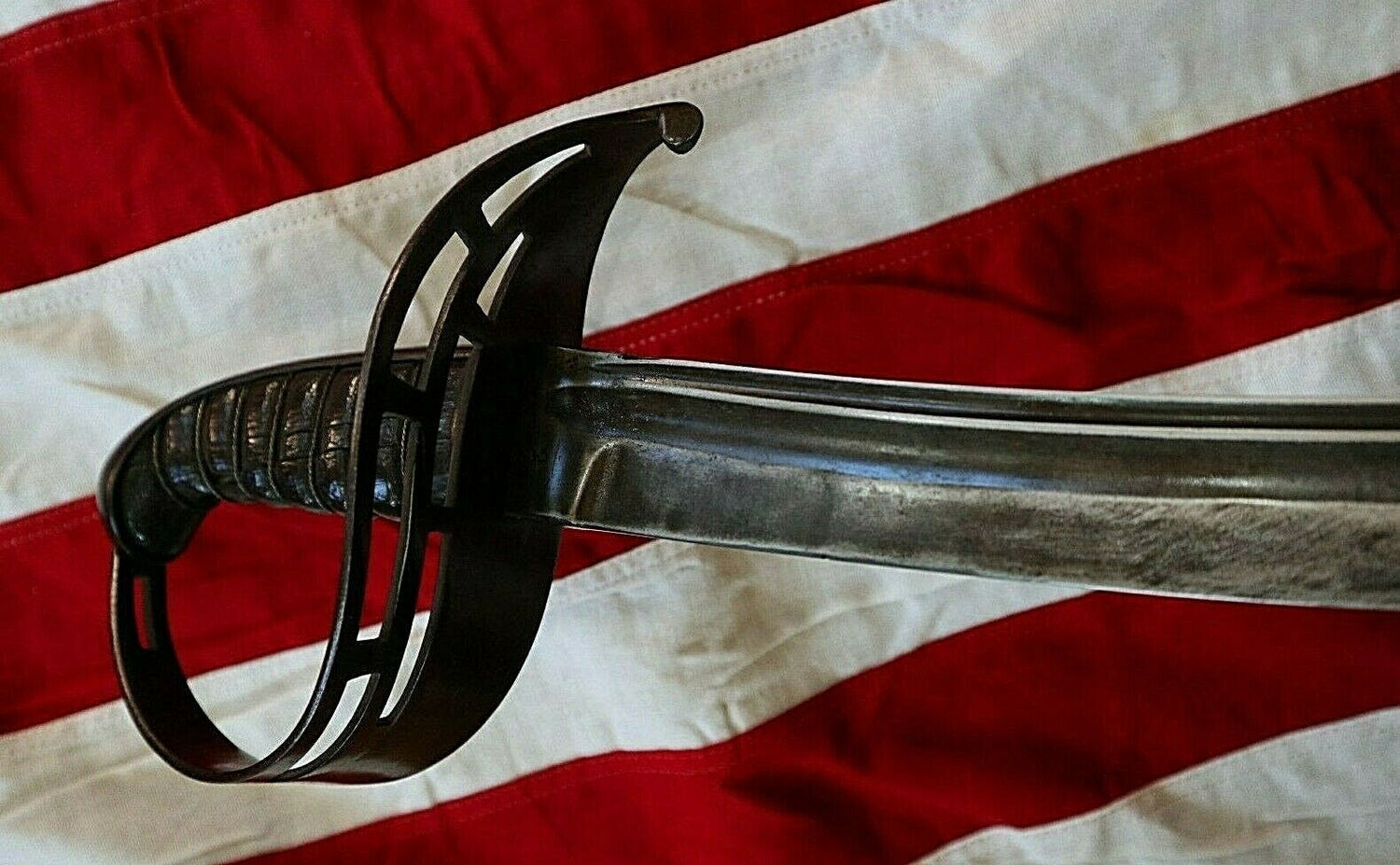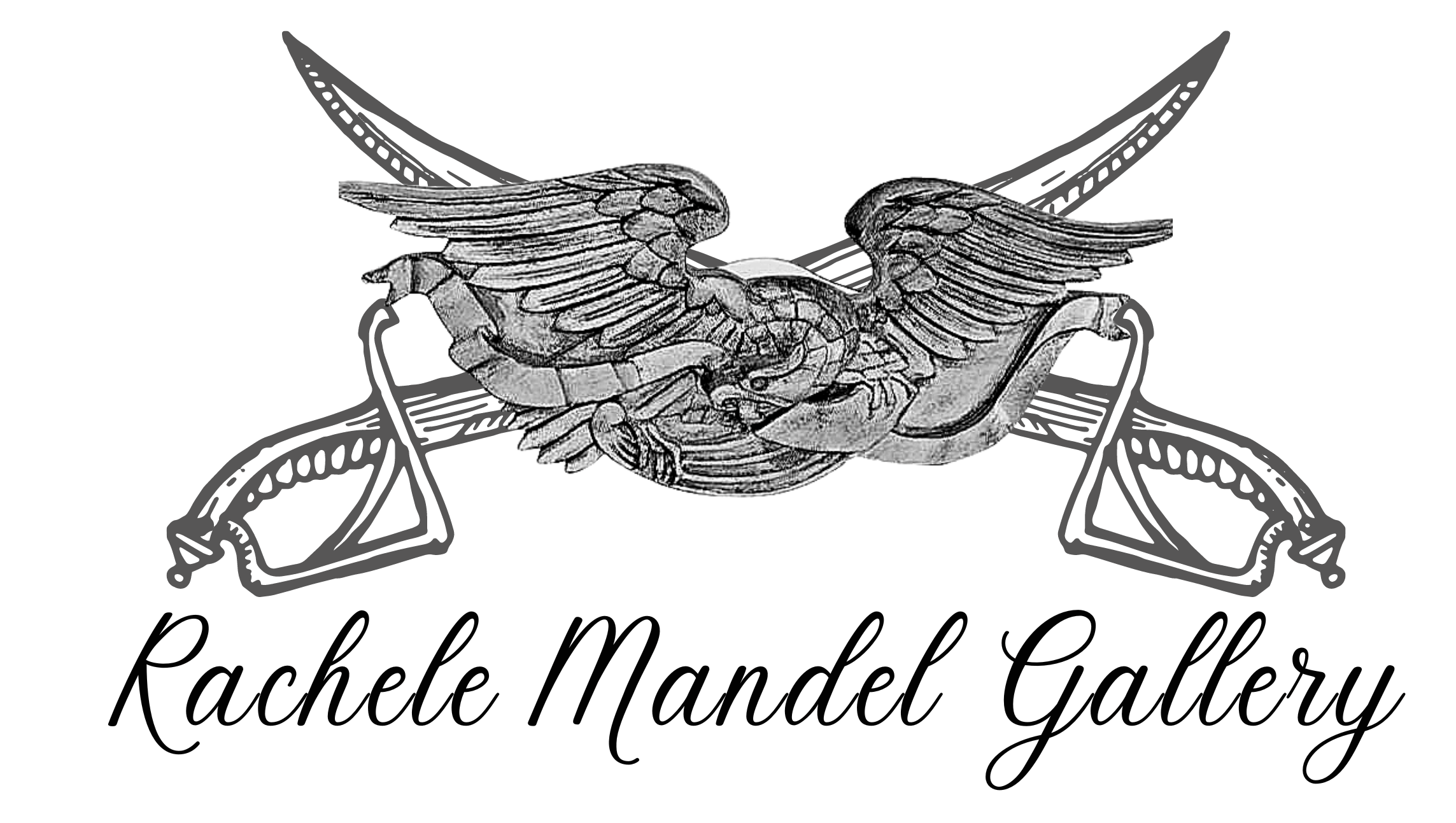Rachele Mandel Gallery
NAPOLEONIC ROYALTY CARLOS MARIA ISIDRO INFANTE OF SPAIN SILVER HILT SWORD
NAPOLEONIC ROYALTY CARLOS MARIA ISIDRO INFANTE OF SPAIN SILVER HILT SWORD
Carlos MarÃa Isidro de Borbón
(Madrid, 1788 - Trieste, 1855) Pretender to the Spanish throne who sponsored the "Carlist" split of the House of Bourbon, called by his supporters "Charles V of Spain" or simply "Don Carlos". He was the son of Charles IV and younger brother of Ferdinand VII, with whom he shared exile in Valençay during the War of Independence (1808-14).
As heir to the Throne in the event of his brother's death, Don Carlos became the visible head of the royalists or apostolic, ultraconservative monarchists who considered that the absolutist restoration of Ferdinand VII had been too soft; he probably encouraged various conspiracies and rebellions, both against the liberal governments of the Constitutional Triennium (1820-23) and against the policy pursued by his brother during the "Ominous Decade" (1823-33).

Carlos MarÃa Isidro de Borbón
The political discrepancy was reinforced when the succession lawsuit broke out, since Ferdinand had only female offspring (the future Queen IsabelII, born in 1830). Under the Agreed Order, promulgated more than a century earlier by Philip V upon acceding to the Spanish Throne (1713), females had been excluded from succession to the Crown, according to a Salic Law by which the French Bourbons were governed, which deprived Princess Isabel of rights; but the Cortes that had sworn carlos IV as king in 1789 had annulled that provision, re-establishing the traditional Castilian norm of the Partidas, by which the females had preference as heirs over the males if they were of better line and degree, as was the case of Isabel with respect to Don Carlos.
Since that provision had been kept secret, Don Carlos and his supporters found an audience to argue about their rights to the Throne. A Pragmatic of Ferdinand VII settled the question in 1830, opening Isabel the path of the Throne, moment of which dates the open confrontation between the two branches of the royal family. Taking advantage of an illness of the king, the supporters of Don Carlos achieved the revocation of the Pragmatic (events of La Granja, 1832), which Fernando VII would sign again once re-established; for those events, Carlos MarÃa Isidro had to go into exile in Portugal.
In 1833 he refused to return to swear princess Elizabeth as heiress, and when the king died shortly afterwards, he proclaimed his right to the throne, starting the First Carlist War (1833-40). Behind the succession lawsuit, that long civil war pitted the supporters of maintaining the absolute monarchy of the Ancien Régime (the Carlists) against the defenders of the Throne of the girl queen Isabel under the regency of her mother, MarÃa Cristina de Borbon (the Elizabethans or Cristinos), in whose ranks were grouped the liberals willing to implant in Spain a constitutional monarchy inspired by the models of England and France.
Don Carlos actively participated in the war: he entered Spain through Navarre, where the bulk of his supporters were (1834), and even toured the Peninsula at the head of a Royal Expedition that, although it reached the gates of Madrid, did not awaken among the masses the enthusiastic welcome that the suitor expected (1837).
When the expedition failed and then the war was lost, Don Carlos fled to France, whose government confined him in Bourges (1839). In 1845 he abdicated in his son Charles Louis, Count of Montemolin (Charles VI), and settled in Italy. The Carlist cause remained alive, headed by MontemolÃn and, since his death in 1861, by his nephew Carlos (VII), giving rise to two other civil wars.












Featured on Ebay for over five years with as many as 1000 products sold
Rachele Mandel Gallery on eBay
Contact Us













